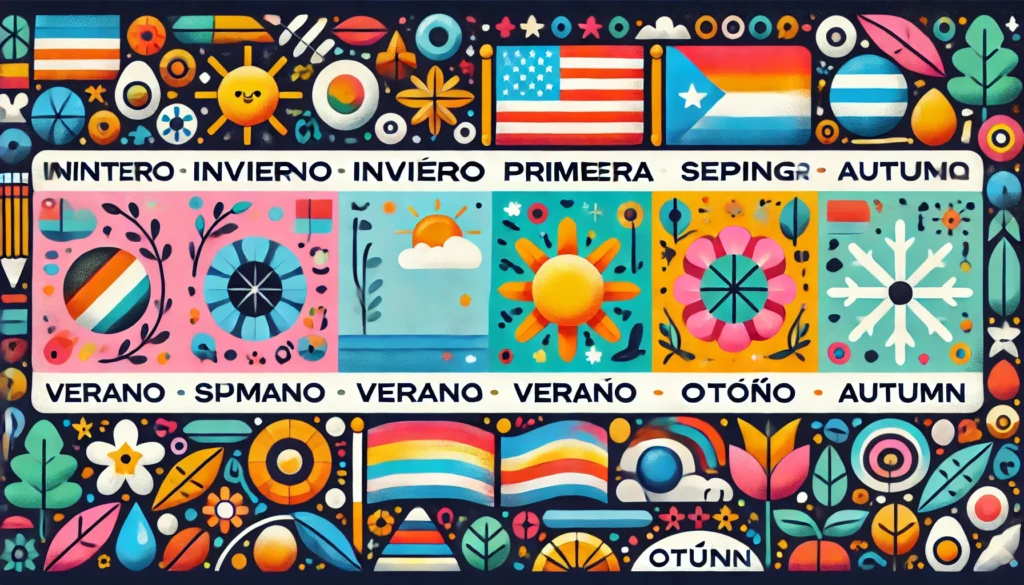Seasons in Spanish
Learning about seasons in Spanish is a fundamental aspect of language acquisition. Understanding how to talk about the weather and the different seasons not only enhances your language skills but also allows you to engage in everyday conversations with native speakers. This topic is essential for anyone looking to communicate effectively in Spanish-speaking countries or with Spanish speakers around the world.
Why Learn About Seasons in Spanish?
1. Cultural Understanding: Knowing the seasons in Spanish helps you understand the cultural significance attached to different times of the year in Spanish-speaking countries. For example, in many Spanish-speaking countries, the holiday season around Christmas is a time for family gatherings and celebrations.
2. Practical Communication: Being able to discuss the weather and seasons in Spanish is practical for everyday conversations. It allows you to talk about what you like to do during each season, plan activities, or simply make small talk with native speakers.
How to Learn Seasons in Spanish
1. Vocabulary Building: Start by learning the names of the seasons in Spanish:
- Spring – Primavera
- Summer – Verano
- Fall/Autumn – Otoño
- Winter – Invierno
2. Practice Speaking: Practice speaking about the seasons in Spanish with a language partner, tutor, or even by recording yourself. This will help you improve your pronunciation and fluency.
3. Use Online Resources: Utilize online resources such as language learning apps, websites, and videos that focus on teaching the seasons in Spanish. These resources often provide interactive exercises and quizzes to reinforce your learning.
Examples of Sentences About Seasons in Spanish
1. Me encanta la primavera porque todo florece. (I love spring because everything blooms.)
2. En verano, disfruto de la playa y el sol. (In summer, I enjoy the beach and the sun.)
3. En otoño, las hojas de los árboles cambian de color. (In autumn, the leaves of the trees change color.)
4. En invierno, me gusta esquiar en la montaña. (In winter, I like to ski in the mountains.)
Learning about seasons in Spanish not only expands your vocabulary but also deepens your cultural understanding and communication skills. By following these tips and practicing regularly, you can master this topic in a fun and engaging way. ¡Buena suerte! (Good luck!)

Primavera(Spring)

El verano(Summer)

Otoño(Autumn)

Invierno(Winter)

